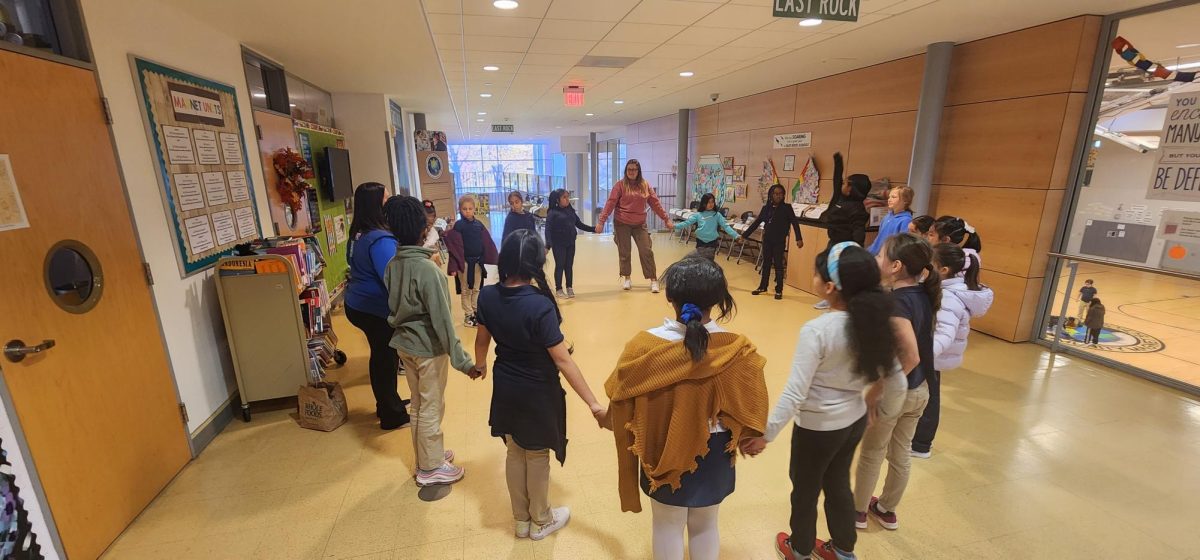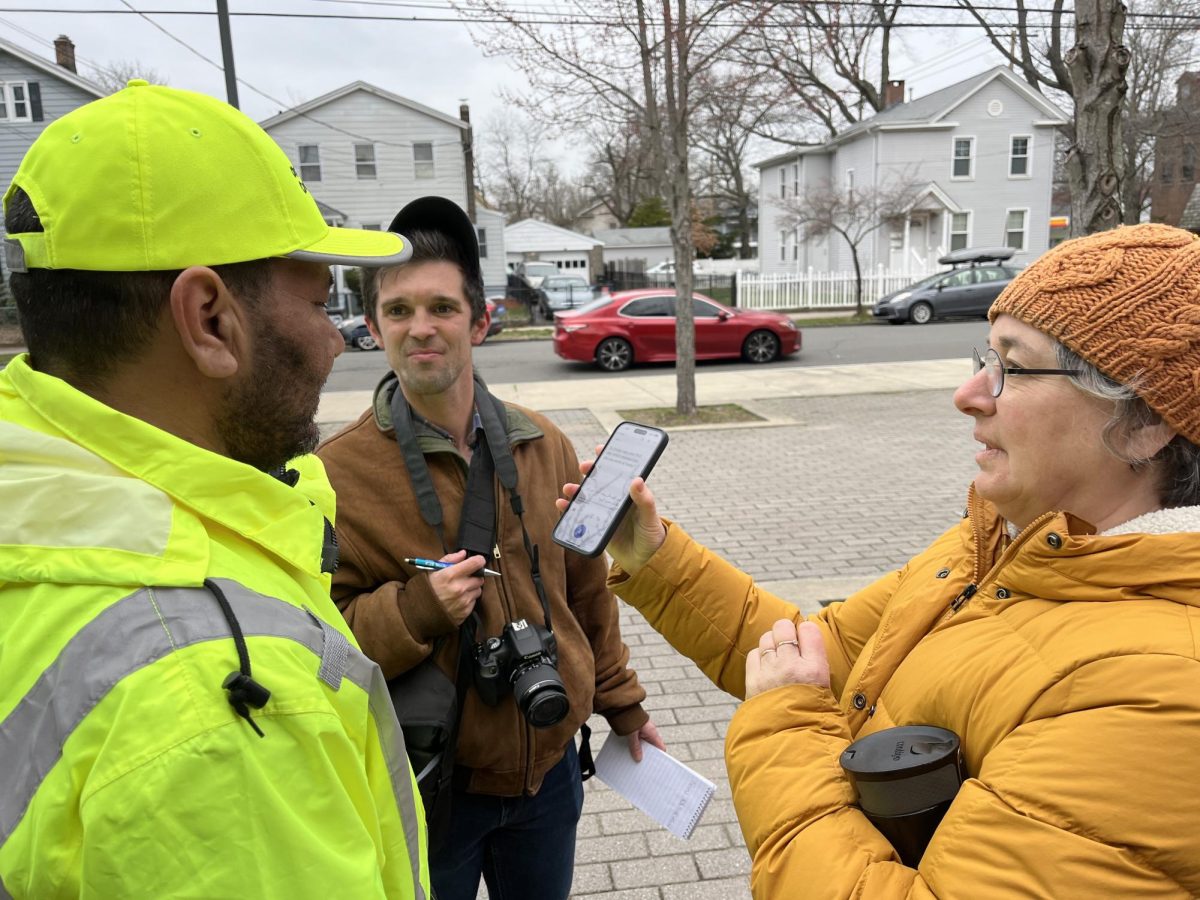Edited by Sebastian Ward
Here is a crazy fact: 1 out of 5 students at East Rock School do not know how many quarters are in one dollar!
That is what we learned from The East Rock Record 2024 Fall Survey. The survey also found that one-third of students believed they didn’t “know enough” about how money works. And just over 58 percent said they did not learn enough about money in school.
Everyone knows money is important. You use it to buy everything from food and clothes to housing. You need it for fast food, to save for a Tesla truck or ebike.
But at what age should students learn about money? And what should they be taught?
We interviewed a finance professor, teachers, school staff and students. They had different ideas. But all said students should know about money to help themselves in the future.
Some teachers include basic information about money in class. Denise Roman, a Pre-K teacher at East Rock Community & Cultural Studies Magnet School, uses cash registers and fake coins to help students understand money and how to use it.
“Money is a natural way to learn about math,” said Ms. Roman.
Natalie O’Neill, a sixth grade teacher at East Rock School, also teaches about money but indirectly. Money is not officially part of the 6th grade math curriculum, but Ms. O’Neill teaches students about fractions and decimals, which helps in understanding money.
“Money and math are very much related,” said Ms. O’Neill. “Money is made up of decimals, so learning about decimals and math will help you learn about money.”
Even though teachers talk to students about money, many think that they do not learn enough about it in school.
Is this a problem?
“It’s very important for students to know about money,” said East Rock Principal Sabrina Breland. “Being financially literate is a skill that everyone needs, regardless of if you like money or need it to sustain yourself in life. The more you understand money, the better you can set yourself up in life.”
Ms. O’Neill agrees. She said it’s important for students to learn about saving for the future. Ms. Roman talks with students about the practical value of money.
“Money is used in all areas of society,” she said. “Being knowledgeable about money helps people to appreciate and respect it. Money is something that’s earned, it’s something that we use in everyday life, and understanding its uses, its value, and how to save is necessary to function in society.”
But how much students should learn — and when they should learn it — is more complicated.
Lisa Yuk Kuen Yau, a fifth grade teacher at the Francis Scott Key School in Philadelphia, created a curriculum called, “Money, Money, Money: Decimal Fractions in $ and ¢,” She told East Rock Record reporters in an e-mail that she thinks parents and teachers should explain to children about money “as soon as they understand the concept of counting.”
She created the curriculum and shared it through the Yale National Initiative to improve teaching in public schools, in 2023. Ms. Yau said she created the curriculum after one of her former 5th grade students gave her a five-dollar bill to buy three 75-cent pretzels at a school fundraiser “and she just walked away without her change.” Ms. Yau said that because “it is not easy to count by 75, so I taught her to count by quarters.”
The student “didn’t get it the first time, or a week later, but after a month of persistence (she likes pretzels), she was able to figure it out.”
Because people often use cards instead of cash, Ms. Yau said it is becoming rare to use fake coins in class.
As a result, students may not know “the difference between a nickel and a dime” or that “four quarters is equal to a dollar or that a quarter is ¼ of a dollar.”
It is one thing to learn about money as part of lessons on decimals and fractions.
But some topics are too advanced for students in grades K-8, said James Choi, a professor at the Yale School of Management, and an expert in personal finance.
“At the elementary school level, it is probably too soon to spend a lot of time on behavioral finance,” said Prof. Choi. He said that behavioral finance deals with “studying the mistakes people make with their money.”
Some of the ideas are complicated. Prof. Choi told East Rock Record reporters during an interview over Zoom that he did not start learning about money and finance “until I was in college.”
But he said some concepts such as saving you can learn at young ages.
“Saving is not difficult, but it is hard,” he said. “You kind of need to give up something today” to get money to accumulate so you can build up savings.
“That is a very important lesson to absorb: That sacrifice today can lead to good things in the future,” said Prof. Choi.
“It is hard to get yourself to do that,” he said. He said schools might help students by getting “you to try saving and give yourself the experience of sacrificing something today and experience the satisfaction of seeing it increase over time.”
But mostly, he emphasized the importance of basic math.
“Learning your arithmetic and math really well and learning social studies and how our society works is probably a better thing for people your age,” he said. “Really focus on math and you can learn about the money mostly later.”








